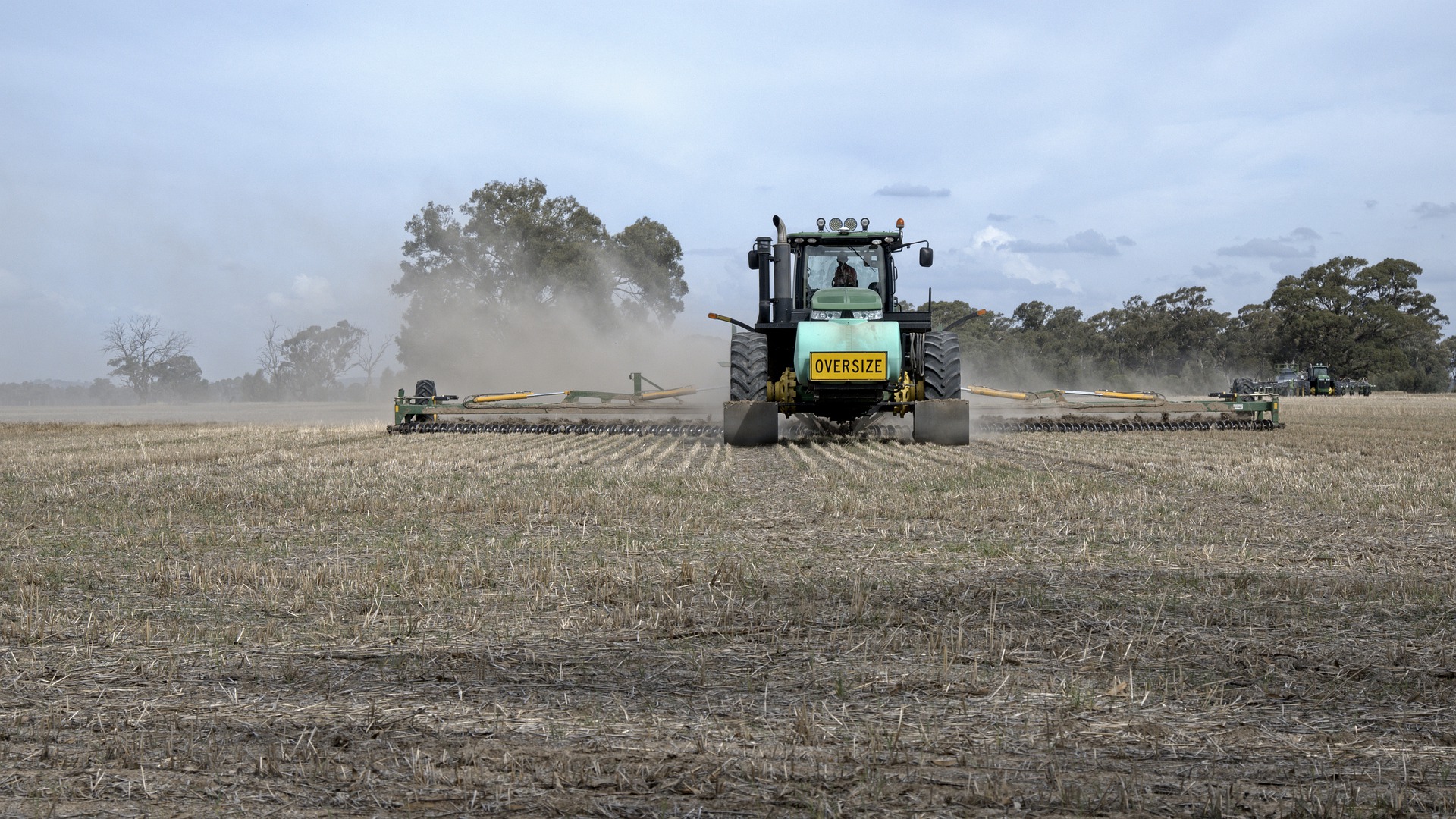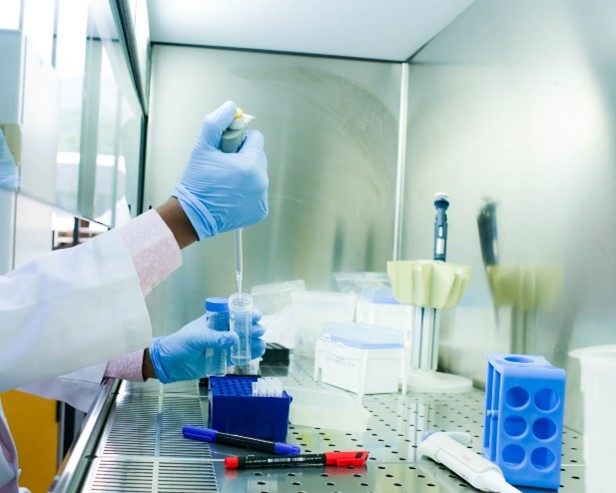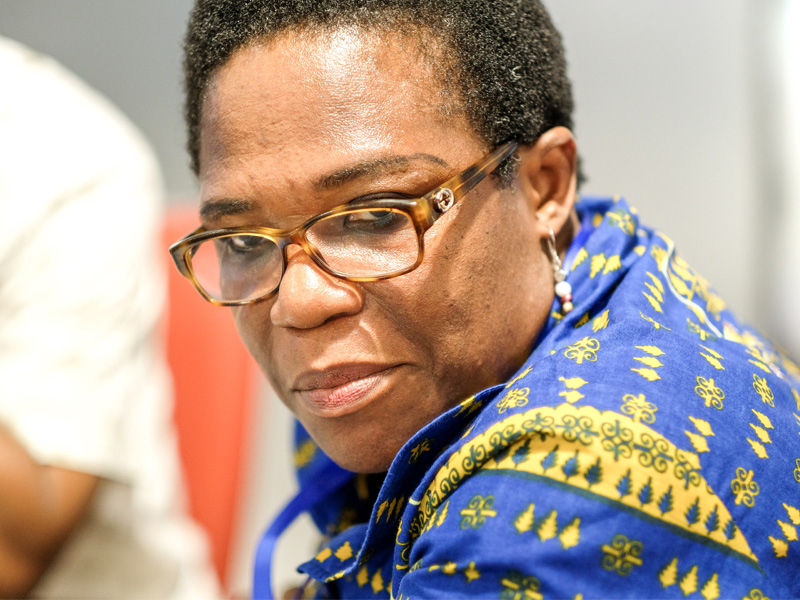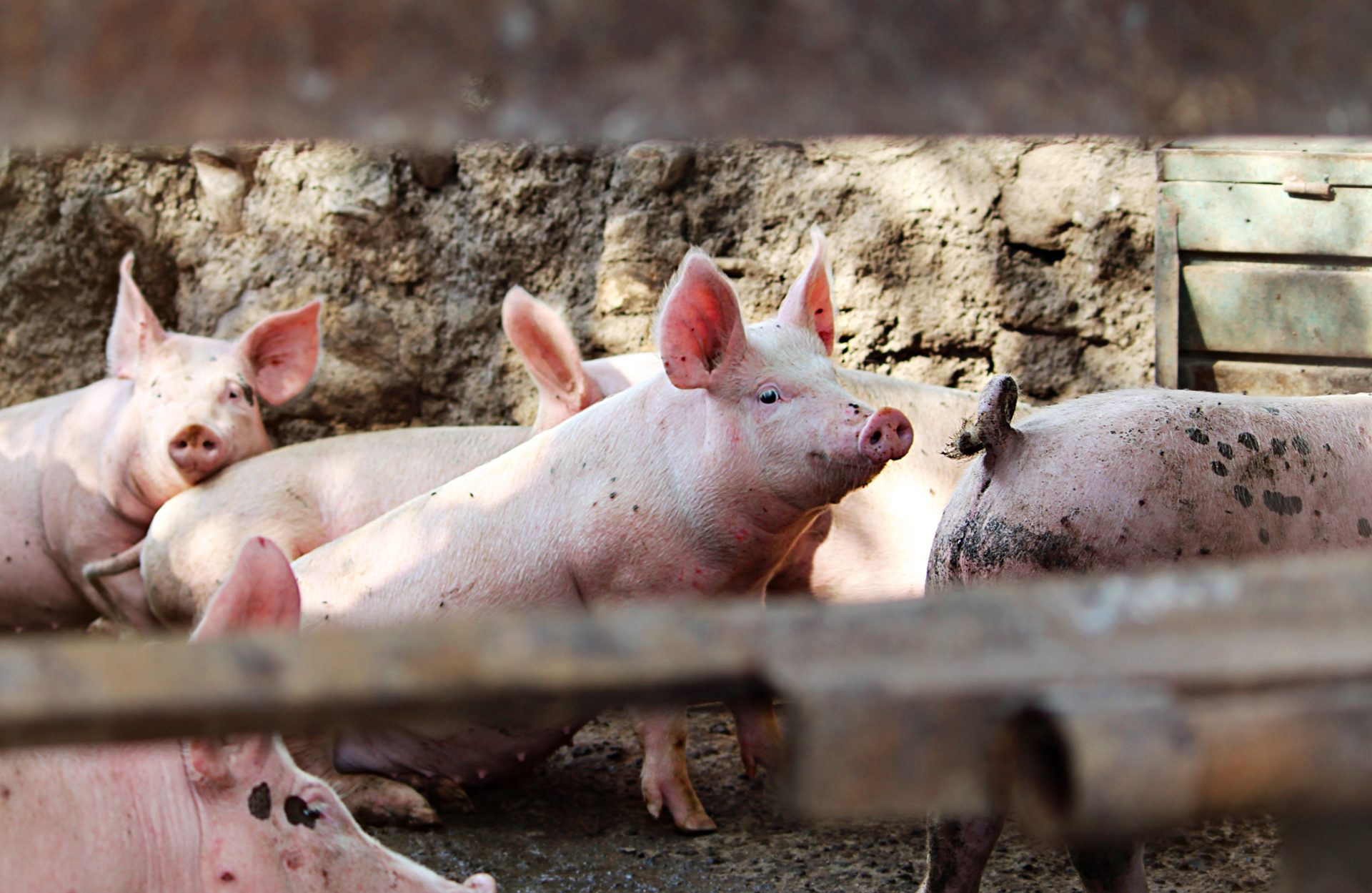Building Resilient Agribusiness Practitioners through Design Thinking Approach
Thematic Area: Food security and agribusiness
University: University of Ghana (UG)
Project Leader: Prof Irene S. Egyir
Collaborating Partners: RMG Ghana, Ghana; Alliance for Green Revolution in Ghana (AGRA), Ghana; Agri-Impact Consult, Ghana
Duration: 2 years
Project Overview
The innovation in the design thinking approach is the shift from the traditional analytical skills development approach which misses three critical aspects of human resource development in agribusiness and food security: (i) empathy, which is a key driver of understanding how actors, service providers and consumers feel in generating household income or making expenditures; (ii) intuition, that which is not based on scientific data but is important during decision-making and in all problem-solving activities. How to give attention to random thoughts is a learnt skill that has been ignored; and (iii) experimentation including prototyping and testing at school level. It is therefore imperative to address these missing elements by offering mindset shift lessons that are being developed.
The concept
The project aims to set up and pilot a Design Thinking (DT) Development Centre (DTDC) at the Department of Agricultural Economics and Agribusiness at the University of Ghana. A three-year randomized control trial (RCT) experiment to identify the impact of the three design thinking aspects will be set up among a heterogeneous sample of graduate students from the School of Agriculture, with long-term career goals, such as providing business development services, policy support services, product development and entrepreneurship. The RCT will reveal how heterogeneity in agribusiness scale, market integration, and agricultural labor market participation affects demand for the three aspects of design thinking. Partnerships with an International Organization and a Private Agribusiness venture will build capacity of the selected graduate students to equip them with DT tools that will have sustained market demand beyond the duration of project. Capacity of select faculty from the department and other centres within and outside the University of Ghana involved in agri-product and innovation development will also be enhanced as they participate in impact evaluation.
Expected Impact
It is anticipated the results will reveal graduate entrants to the market with different backgrounds require different skills and mindset development tools to adequately address entrepreneurial risks. This underpins the importance of design thinking practices for inclusive management actions that promote resilient agribusiness growth in Ghana. The establishment of the Design Thinking Development Centre at the university is a sustainable approach towards developing resilient agribusiness graduates for the sector.












